The landscape of our city is changing every day and so is the way that people are living in their homes. Recent census data reveals 44 percent of Torontonians are living in some type of an apartment. For many, this provides a walkable, or transit accessible life, without the worry of snow shovelling or yard maintenance. For others, it means a lot less green space to call their own in terms of a personal garden or yard to care for.
On the other hand, many others who have a yard to call their own don’t have the time, resources, inclination or knowledge to dig into gardening. This is where garden sharing comes in.
A trend that has been growing in recent years and continues to build a sense of community in urban areas. Also referred to as urban horticulture, garden sharing is a local food and urban farming arrangement whereby a landowner grants a gardener space on their land, usually a front or back yard, in order to grow food or flowers.
If you’re a person with more yard than you know what to do with, or someone who misses the comforts of tending to a garden each summer, urban garden sharing might be a great fit for you. Some people have even made successful small businesses out of this exciting new trend.
Sarah Nixon started an urban flower farm and floral design company called My Luscious Backyard in 2002. She sustainably grows flowers on a micro-farm consisting of several Toronto yards in the Roncesvalles/Parkdale neighbourhoods. During a growing season, May through September, she grows and creates flower arrangements for special events, weddings, and regular flower bouquet subscribers.
Finding A Garden To Share
Starting with friends, neighbours, and people you already know could be a convenient option for green-thumbed people without a yard of their own. Sarah Nixon began her business by utilizing the gardens of those around her, and then later posted an ad on Craigslist. Today instead of posting ads, Nixon will sometimes place letters in mailboxes when she sees the right type of space to expand her business.
Lending Your Space
There are a lot of reasons why someone would want to lend out their space, but Sarah Nixon chooses her partners wisely:
I don’t want to work with those who just want free yard care. I work with those who feel like they don’t have the knowledge, time or money for a garden, and those who are excited to be involved in helping out a small local business.
Most of the gardens that Sarah tends to are located on front lawns, and many of her partners love the butterflies that come as a result of her crops.
It’s wonderful to make use of your space and contribute to a more diverse ecosystem in your neighbourhood.
Lending Arrangements
For Sarah Nixon, most of her lending arrangements are committed on a season to season basis; however, she really appreciates it when people are able to commit to at least two seasons because of all of the preparation work that goes into creating and maintaining a sustainable growing space. Sarah has been working with some gardens for eight years, with even some new owners taking over the arrangement after the old ones move away. When Sarah begins working with a new property she sends out a letter of understanding, with all of the garden weeding, watering, and maintenance completed by her and makes sure that she keeps an open dialogue with her partners. When forming an initial sharing agreement, it’s best for partners to work on a shorter time commitment that works for both parties.
"Quitting" A Shared Gardening Arrangement
Since the arrangements aren’t permanent people are able to change their minds to ensure that their property evolves to meet their needs. In some cases, people decide that they want to grow a vegetable garden, or even reclaim a backyard to allow room for their kids to play. Sarah Nixon says that since what she does is micro farming, these spaces have a different aesthetic:
Sometimes people decide they want a space that looks less farmy and more garden. Others really enjoy the beauty of a mini farm.
Local Bylaws
Sarah Nixon’s work with gardens are neat farm-like rows and well within the scope city bylaws, but other growers who want to take a "wilder" approach to their gardening should familiarize themselves with what is and is not allowed in the city.
The most common issue people run into surrounding city bylaws and yard care has to do with the length of grasses, weeds, and total vegetation. The owner is required to cut their grass and weeds before they exceed 20 cms or eight inches in height, and this includes all vegetation that does not form a part of a natural garden to provide ground cover. If a complaint is received, it is investigated and the owner is given two weeks to comply, after that point the city acts on their behalf, and the cost of this yard maintenance is added on to the homeowners' property taxes.
If a property is considered a "natural garden" by the city it will be exempt from some of the municipal code standards, i.e. the allowable total height for vegetation. This means that if your garden plans include the production of tall wildflowers outside of a traditional garden, it is probably a good idea to have the property owner fill out and submit a Natural Gardens Exemption form to the city, to avoid any potential issues. There is no charge for this application.
Will Garden Sharing Work For Me?
Consider giving it a try for a growing season or two to see what you think. If you are looking for space, remember to pick something close to your home or work to ensure you’re able to tend to space on a regular basis.
Also, don’t let the time of year dissuade you from reaching out for garden sharing. A lot of growers like to prepare and plan their gardens in the fall each year or in the early days of spring, so it never hurts to be prepared for the following year!
SMBLLR


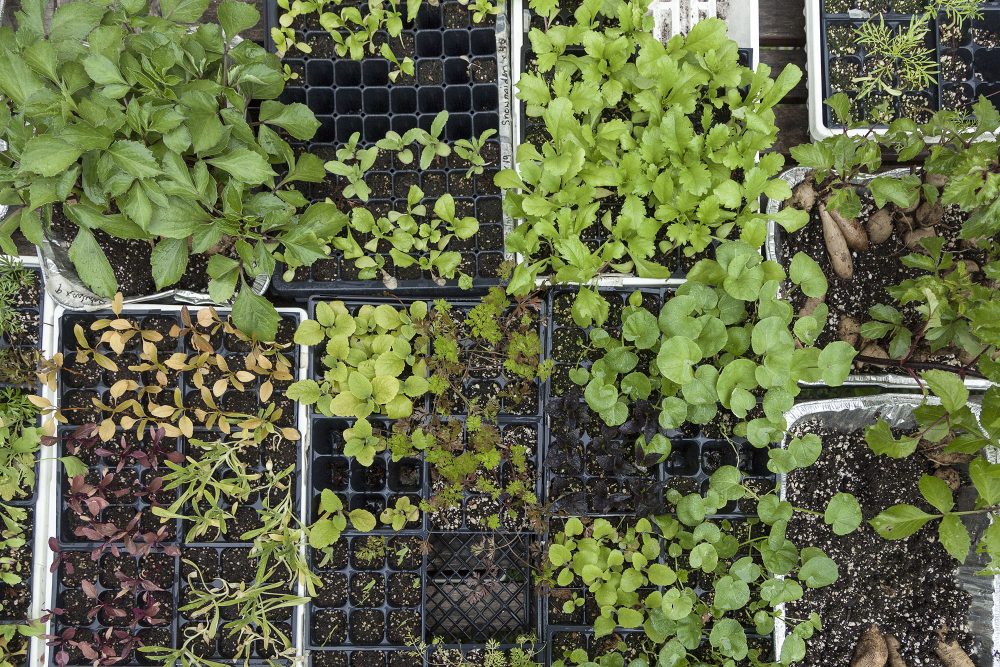
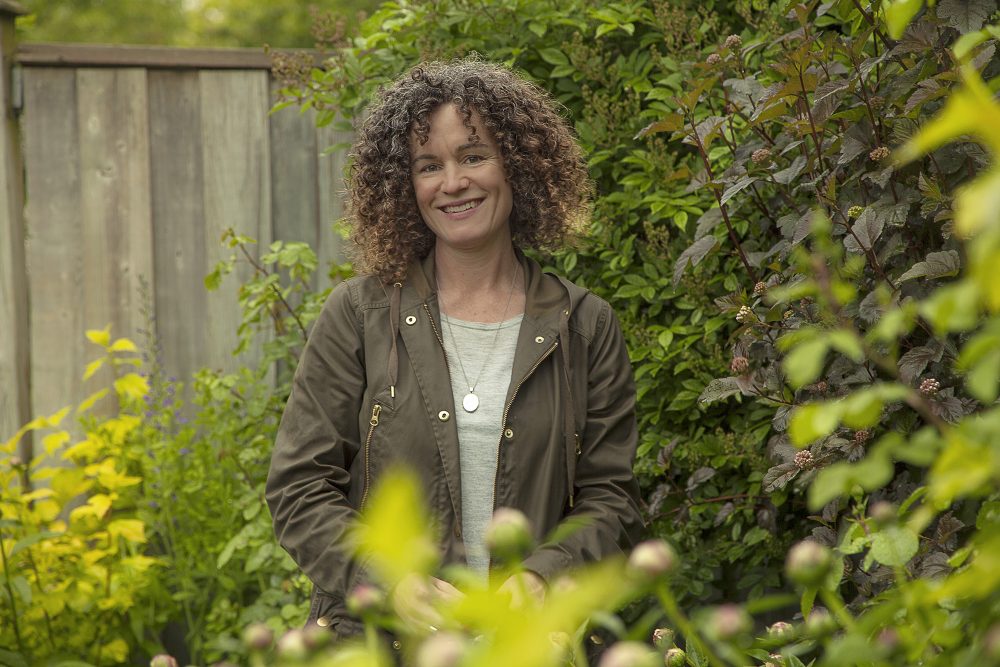
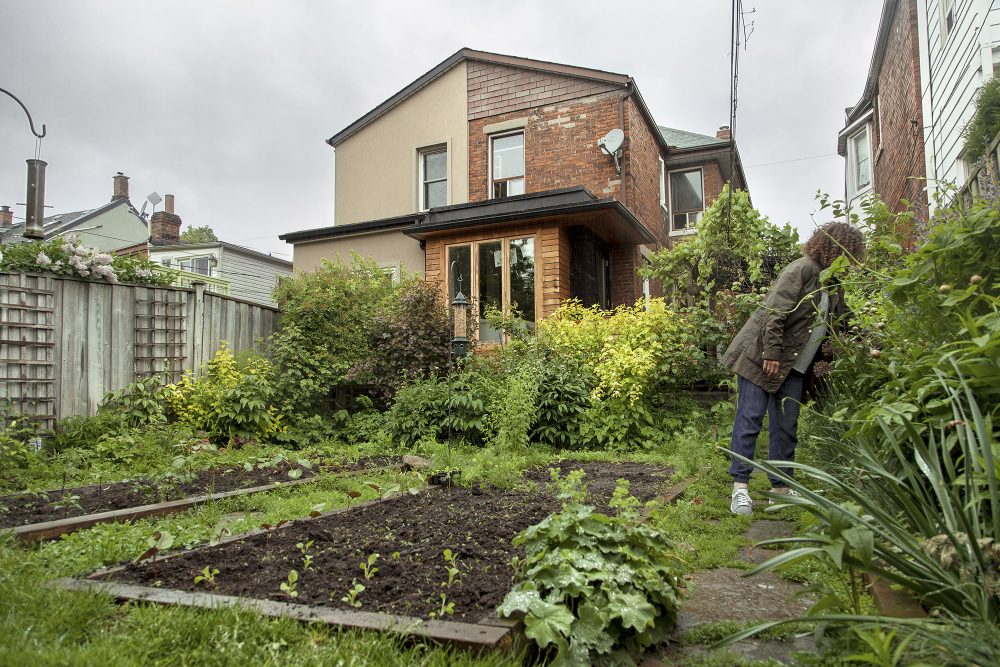
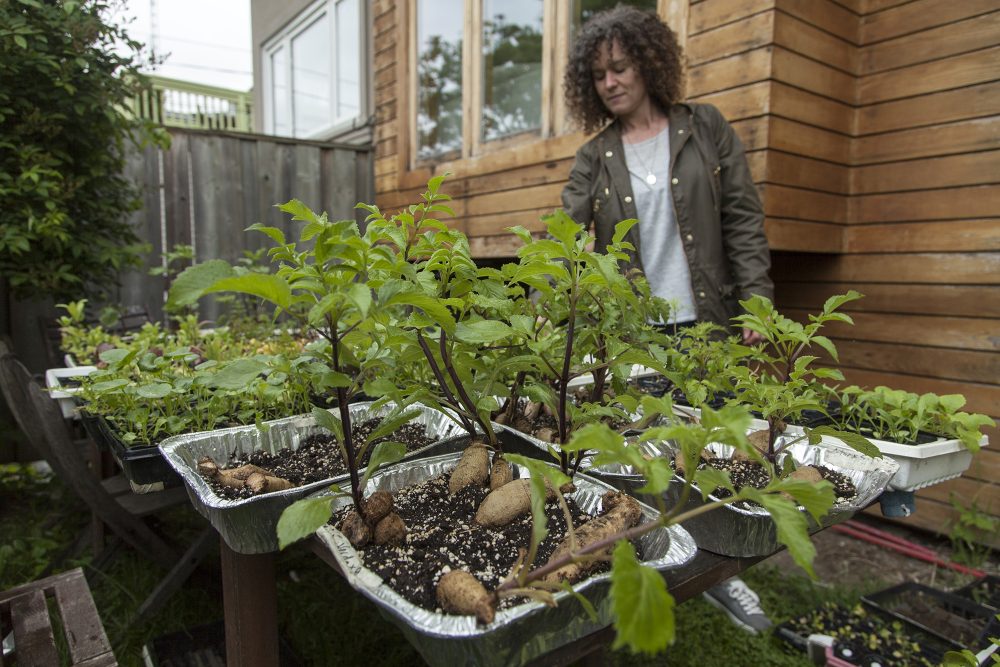
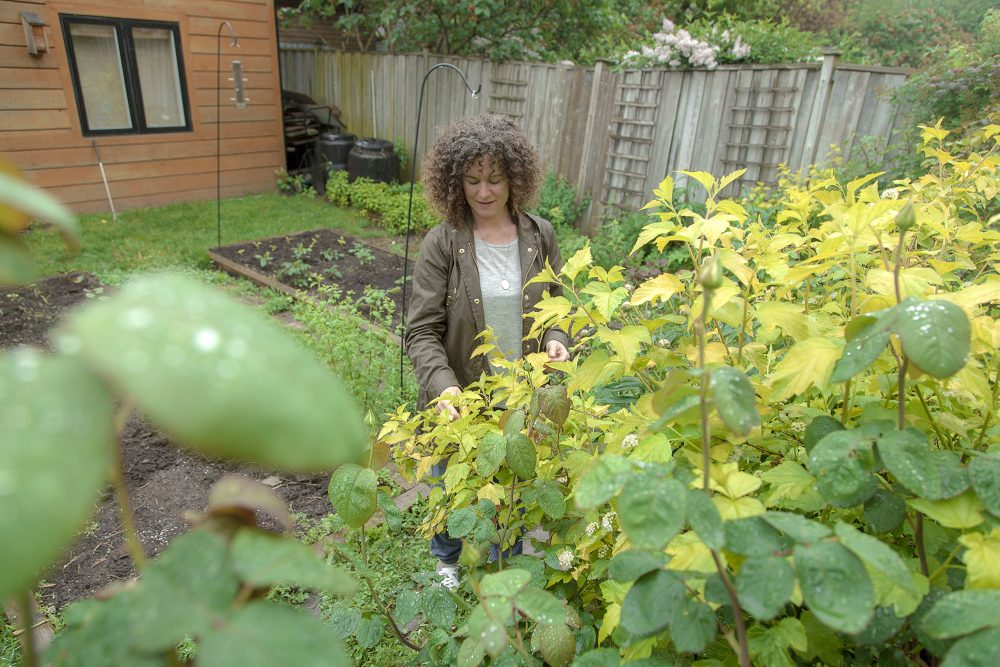
Hi,
I need to share my backyard garden with someone. Can you please refer me to someone who does this?
Thanks
Best regards
Nasser
Hi Nasser,
Did you find someone to share your garden with? Good idea! Maybe try the app for your local neighbourhood: Nextdoor
ca.nextdoor.com
https://ca.nextdoor.com